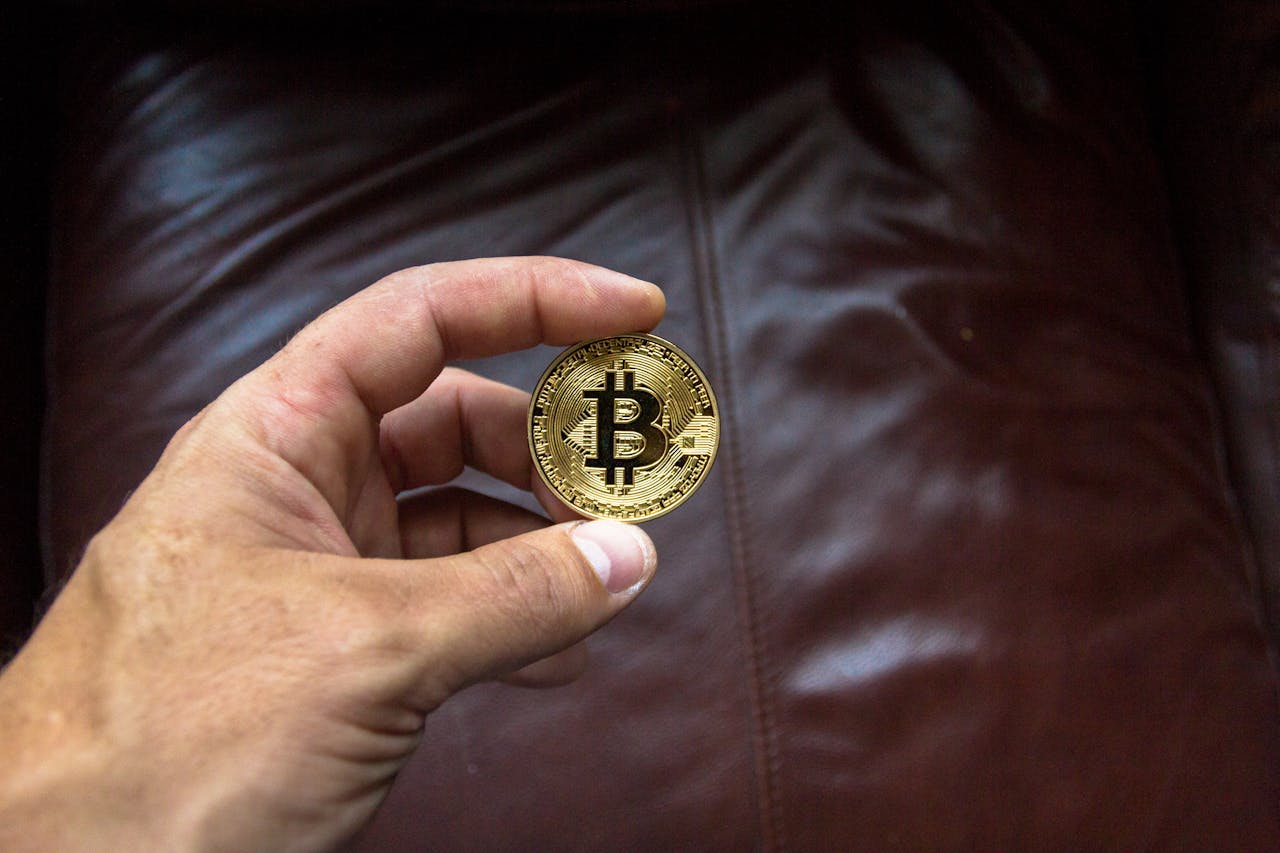

The fintech market in Malaysia has enjoyed a rapid growth in the last two years. In the second half of 2020, still at the height of the COVID-19 pandemic, increased business activities and a higher volume of digital payments helped the sector develop after sluggish activity in the earlier part of the year. According to fintech reports in Malaysia, online and mobile banking penetration rates enjoyed 112.5% 61.8% growth respectively, with RM 460 million worth of mobile banking transactions conducted.
As the government works to create a better market environment for key players in the fintech industry, more regulatory developments and initiatives are being introduced to ensure the competitiveness of the market. Why is fintech important in Malaysia, and what can industry players from the private and public sectors do to accelerate its inclusivity and development? We look at the ways that Malaysia’s fintech market can develop and become more progressive in the near future.

The fintech market in Malaysia includes five segments: digital payments, digital investing, neobanking, alternative lending, and alternative financing. The number of fintech companies in Malaysia rose to 294 in 2021, with 60 companies operating in the digital payments segment.
The national government has several entities dedicated to financing innovators in Malaysia's fintech space. Through government support, Malaysia has advanced to become one of the most developed fintech markets in Southeast Asia.
As the government also earns revenue from digital payment through taxes, the plan is to nurture the fintech market to make these transactions more accessible, making more profit for both the sector and the government.
Venture capital firms incorporated under the Ministry of Finance include Malaysia Debt Ventures Berhad, Cradle Fund Sdn Bhd, and Malaysian Digital Economy Corporation Sdn Bhd provide innovative financing services for fintech startups in Malaysia.
Bank Negara Malaysia, the country’s central bank, has issued the Financial Sector Blueprint 2022-2026, which heavily leans into the development of Malaysia’s fintech market. Some of the plans for the sector include an open data scheme, real-time and cross-border payment linkages, and developing alternative finance channels.
Other industries that enable the fintech market in Malaysia will also benefit from strengthening their infrastructure to support the growth of the industry. Increased connectivity from telecommunications providers, especially through wider 5G coverage, will allow more consumers to transact through digital payment providers and neobanks more conveniently.
The digitalization of small and medium enterprises (SMEs) in Malaysia should also enable them to have access to digital financial services through fintech. Many SMEs remain reliant on traditional sources of borrowing such as loans, money lenders, and pawnbrokers. Through fintech, microentrepreneurs can access funds that can help them reduce costs and increase their savings.
As Malaysia’s fintech market continues to support the growth of other industries, further investments to this sector will help accelerate its roadmap to higher inclusion and better investment standards for consumers. The country's post-pandemic recovery will allow the fintech market to accelerate and improve access to both microentrepreneurs and the underbanked population.

The Latest Developments in Cryptocurrency Adoption in SEA
The cryptocurrency market in Southeast Asia (SEA) has seen exponential growth in recent years. The revenue of cryptocurrency in the region was around USD 1,384 million in 2023 and is expected to grow by USD 1 million in the next four years. Countries like Indonesia, Singapore, and the Philippines are at the forefront of this digital revolution. The region's young, tech-savvy population, coupled with increasing internet penetration, has created a fertile ground for the adoption of cryptocurrencies. Currently, the crypto market in SEA is valued at several billion dollars, with projections indicating continued growth.

An Overview of the Halal Cosmetics Market in Malaysia
The halal cosmetics market in Malaysia has been experiencing significant growth. It is driven by a combination of increasing consumer awareness, government support, and the rising demand for halal-certified products among both Muslim and non-Muslim consumers.

How Digital Marketing is Transforming the Automotive Lubricants Market in Southeast Asia
In recent years, digital marketing has emerged as a transformative force in the Southeast Asian (SEA) automotive lubricants market. The region's rapidly growing internet penetration and increasing smartphone usage have created fertile ground for innovative digital strategies. This evolution is reshaping how companies engage with customers and streamline their operations, offering numerous opportunities for growth and efficiency.

Exploring New Business Models for a Sustainable Future
Transitioning towards new sustainability business models can help companies drive positive change and contribute to a more sustainable future.